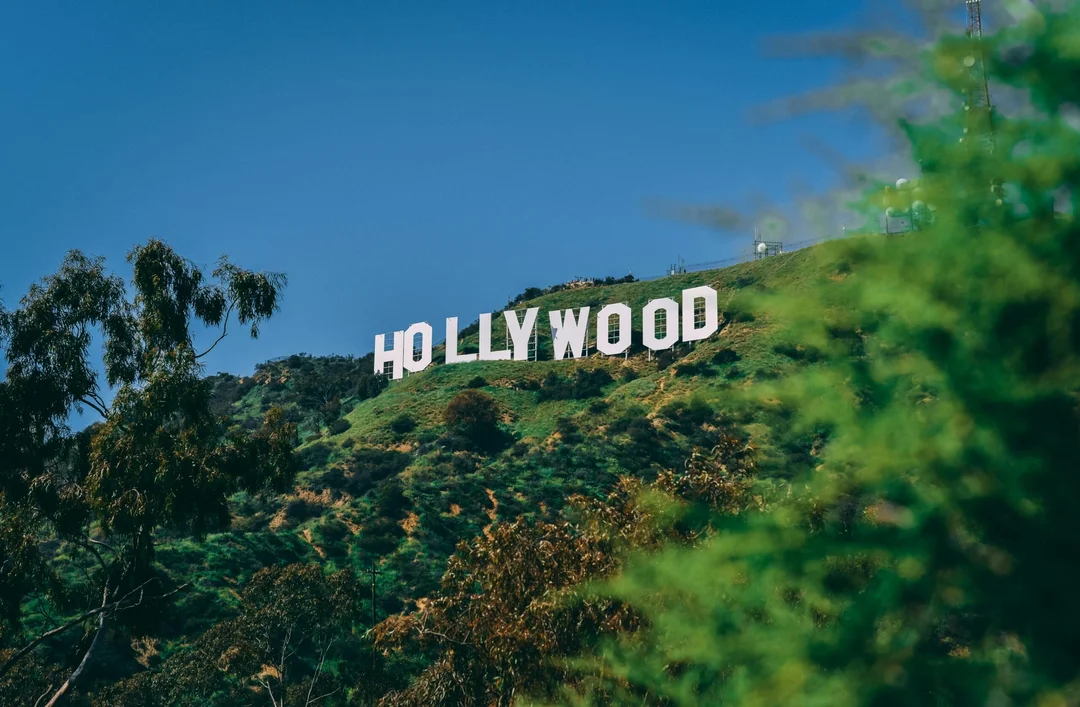
Can California Turn the Tide on Hollywood’s Mass Exodus?
In a high-stakes discussion at the Milken Institute Global Conference, Hollywood's top executives are sounding the alarm on California's film and television industry, warning that without urgent reforms, the state risks losing its crown jewel to competitors abroad and across the U.S. This comes amid President Trump's tariff threats on foreign-produced films, but insiders argue the real battle is closer to home—reforming California's production incentives to keep jobs and creativity flowing.
The panel, featuring leaders like Sony's Ravi Ahuja, HBO and Max's Casey Bloys, and Amazon's Mike Hopkins, highlighted how California's capped and unpredictable tax credit system is driving productions away. Ahuja emphasized that while Trump's 100% tariff proposal on foreign films grabs headlines, the deeper issue is local: "It's almost more a California issue than a U.S. issue." He pointed out that modest profit margins in the industry mean producers flock to efficient locations, like Atlanta or Canada, where incentives are guaranteed upfront. Bloys echoed this frustration, noting that California's lottery-based tax breaks create planning nightmares for shows like HBO's "Hacks," filmed in L.A. but at risk due to uncertainty.
Analysis of the situation reveals a stark contrast. States like Georgia offer reliable incentives that make them more attractive, leading to a 22% drop in Los Angeles filming days compared to last year, according to FilmLA data. Hopkins from Amazon MGM Studios argued that these incentives aren't about padding stars' paychecks—"It's not that we're taking money and giving it to Tom Cruise"—but about bolstering the economy through crew jobs, local businesses, and infrastructure. Pearlena Igbokwe of NBC and Peacock added that storytellers prefer California for its unmatched talent pool, but creative needs, like filming "The Diplomat" in London for authenticity, often force relocation.
Legislative efforts are gaining momentum, with bills like the California Film and Television Jobs Act (Assembly Bill 1138 and Senate Bill 630) proposing to raise tax credits to 35% and expand the program to $750 million annually. Supporters, including lawmakers and union representatives, warn that inaction could mirror Detroit's auto industry decline. Actor Jason George, a union activist, described the sector as a fragile ecosystem: "When an ecosystem breaks down, it doesn't come back." This push emphasizes statewide benefits, from L.A.'s studios to Northern California's emerging filmmakers, who struggle to find work locally amid the shift to cheaper international spots.
In comparing these insights, it's clear that while Trump's tariffs add uncertainty, California's internal reforms could be the game-changer. Executives like Deborah Cahn, creator of "The Diplomat," praised the state's crews as "unmatched," but stressed the need for stability: "If you need Buckingham Palace, you gotta go get it." The economic ripple effects are profound, supporting not just filmmakers but restaurants, caterers, and equipment rentals across the state.
Ultimately, this debate underscores the broader implications for California's identity and economy. If reforms succeed, Hollywood could reclaim its dominance; if not, the exodus might accelerate. What do you think—can California reinvent its appeal, or is the damage already done? Share your views in the comments and let's discuss how to keep the lights shining on Tinseltown.